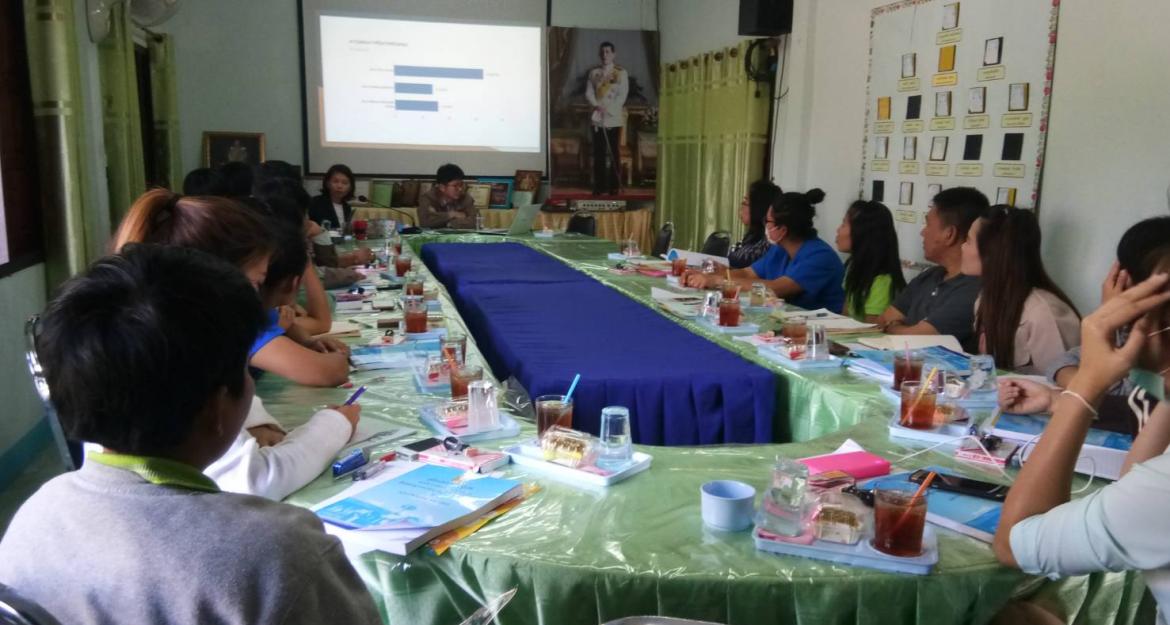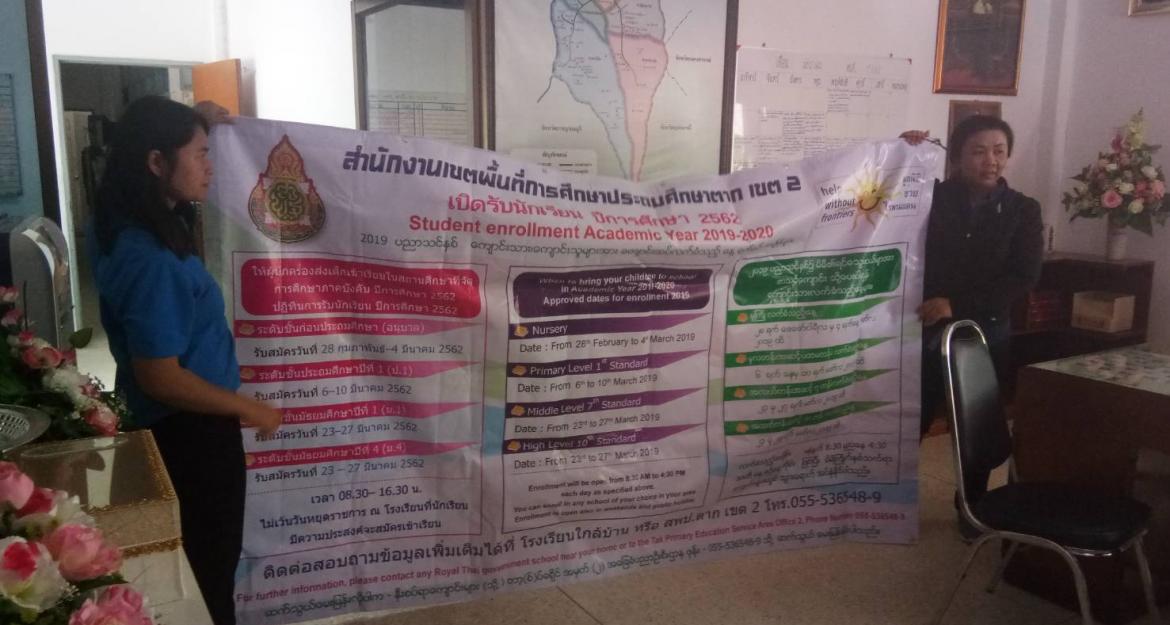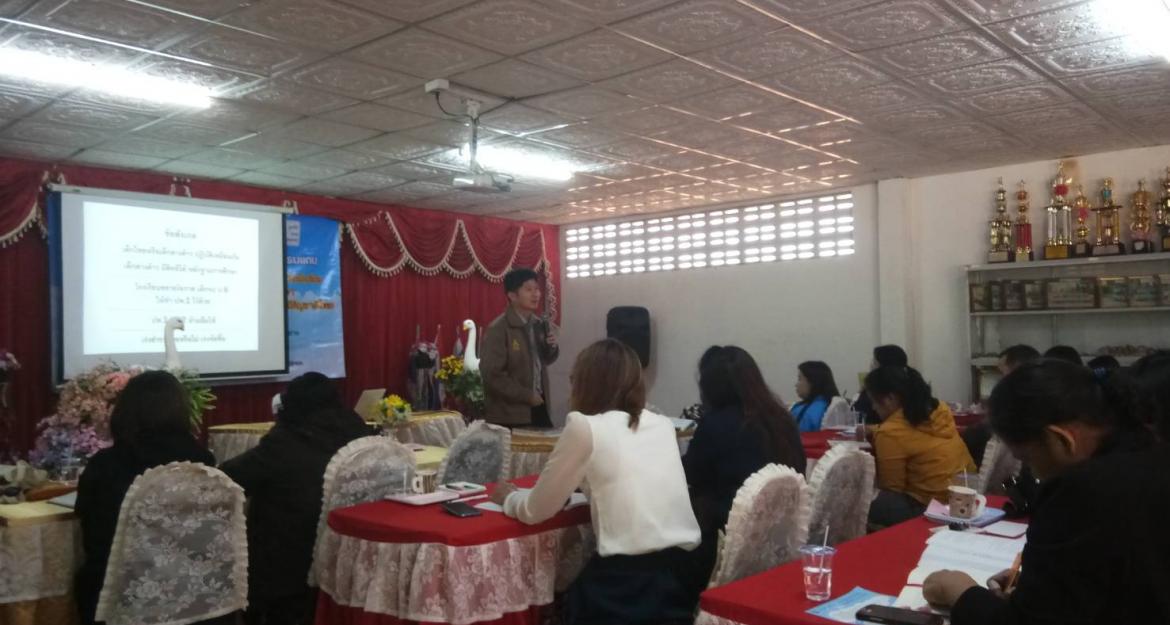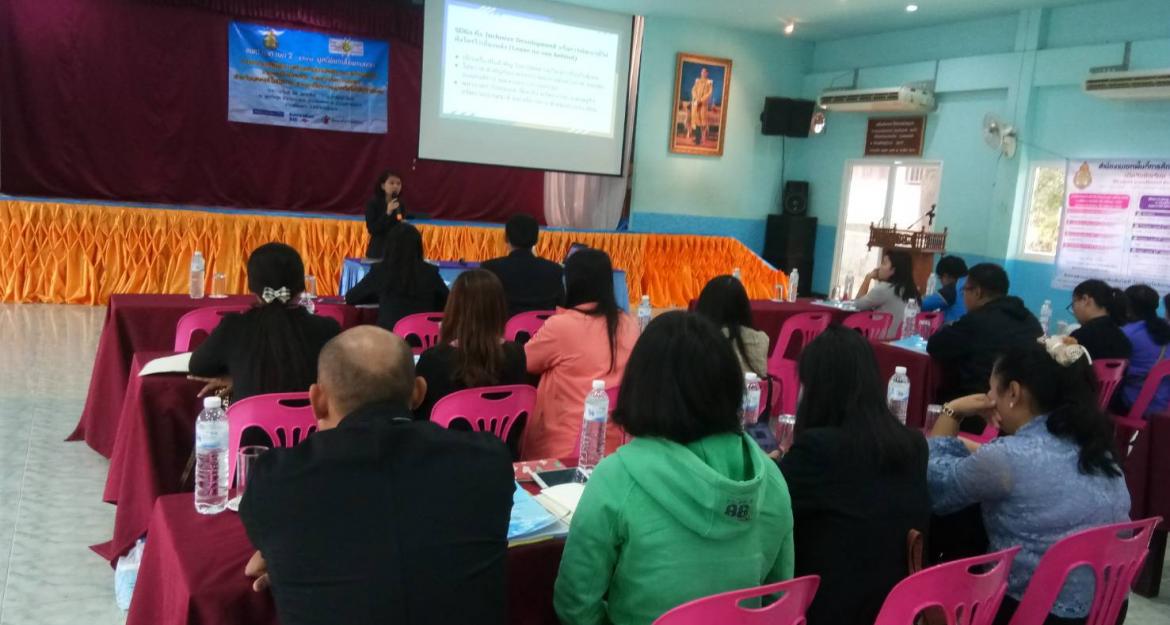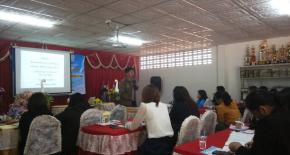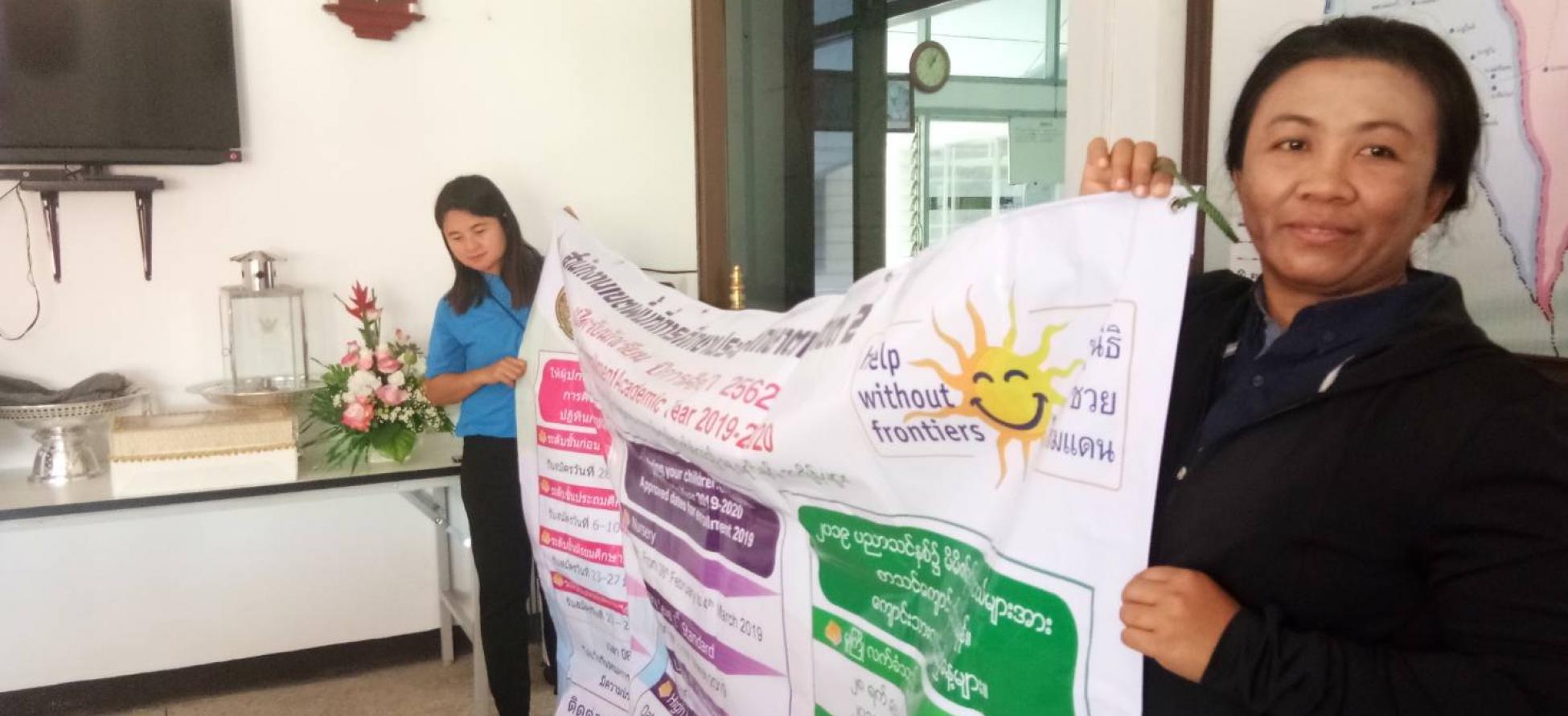
The Education For All (EFA) is a global movement led by UNESCO, aiming to meet the learning needs of all children, youth and adults. Thailand has long demonstrated adherence and commitment towards the EFA policy thus acknowledging that all children living in the country have the right to education, regardless of their nationality. In 2005, the Thailand's Cabinet approved the proposal submitted by the Ministry of Education on the Resolution on Education for Unregistered Persons with the aim of providing basic education to every child regardless of nationalities and legal statuses. The Resolution was meant to have a positive impact on the school enrolment of migrant children, displaced students, undocumented children or children without Thai nationality.
However, some gap between policy intention and reality on the ground are likely to affect the right to education of migrant children and impair their ability to enrol in Thai schools. Indeed, the situation of migrant children and unregistered persons in Thailand is likely to have a negative impact on the willingness of Thai headmasters and teachers to welcome children in their schools. As such, the majority of migrant children do not hold birth certificates or legal documents that satisfy the requirements for enrolment in Thai public schools. Although the Ministry of Education has the authority to issue temporary documents to facilitate the enrolment of migrant children, to identify migrant children remains a challenge inasmuch as they often hold conflicting documents that make difficult to assess basic information, often even their names.
Moreover, due to their unstable legal, working and living condition in Thailand, many migrant families are forced to unexpectedly leave the country and return to Myanmar. As a result, as migrant families move frequently along the border, migrant children are believed to struggle in ensuring they attend lessons regularly and their drop-out rates are higher compared to Thai students. In addition, when this happens, Thai headmasters and teachers have difficulties in following up with the migrant parents also due to high linguistic barriers.
In 2018, Help without Frontiers organised, in collaboration with the Migrant Education Coordination Committee (Mecc Tak Pesao II) and in partnership with Save the Children in Thailand, a meeting with the headmasters of Thai schools so as to share information on the policy and guidelines from the Ministry of Education regarding the enrolment of non-Thai children. In February 2019, Help without Frontiers organised a round of meetings with headmasters and teachers in charge with the enrolment of migrant children in order to share more information on the procedures and regulations for enrolment and give more practical and useful guidelines to the education providers. To this aim, meetings were organised for 121 government schools in five districts, namely Mae Sot, Mae Ramat, Phop Phra, Tha Song Yang, and Umphang. A total of 231 teachers joined the meetings and received precise instructions on the enrolment and registration process of children who do not hold Thai citizenship.
Help without Frontiers acknowledges the high willigness of Thai headmasters and teachers in welcoming migrant children in their schools. However, we are also aware of the obstacles and challenges that the enrolment of migrant children can entail. We remain committed to facilitating the communication between the teachers in Thai schools and parents and children in migrant communities so as receive a fair treatment and increase their chances to access educational opportunities.
In few months, once the enrolment procedures for the new school year will be completed, Help without Frontiers will follow-up with school directors and staff to assess which are the main challenges in enrolling migrant children and how to effectively address and overcome them.
Awareness raising and information sharing is a first step towards improving the chances of migrant children to access educational opportunities in Thailand. We acknowledge and value the collaboration with the Ministry of Education of Thailand as well as with all stakeholders and education providers involved in migrant education and we look forward to deepening our partnership to ensure the right to education of all children is ensured to the greatest extent.




